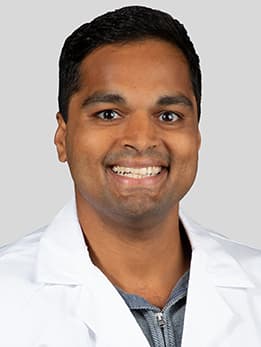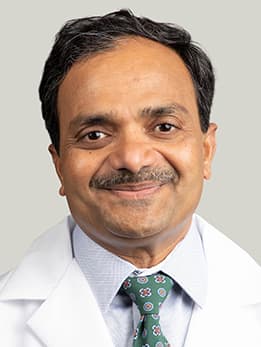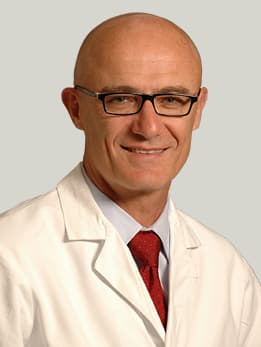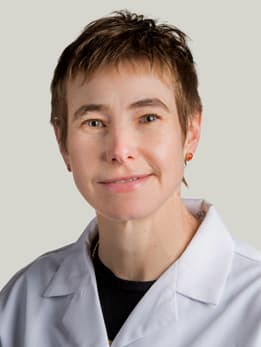Tuberous Sclerosis: Symptoms, Causes and Treatment
Our Multidisciplinary Tuberous Sclerosis Team
At the UChicago Medicine Tuberous Sclerosis Program, expert neurologists work with physicians in various specialities including dermatology, genetics and urology. Our team provides personalized, compassionate care for individuals with tuberous sclerosis. In addition to treating individuals diagnosed during infancy, our team sees adult patients who have recently developed signs and symptoms of tuberous sclerosis.
Request an Appointment
We are currently experiencing a high volume of inquiries, leading to delayed response times. For faster assistance, please call 1-888-824-0200 to schedule your appointment.
If you have symptoms of an urgent nature, please call your doctor or go to the emergency room immediately.
Learn more about our specialists and schedule an appointment instantly through our online scheduling portal.
* Indicates required field




